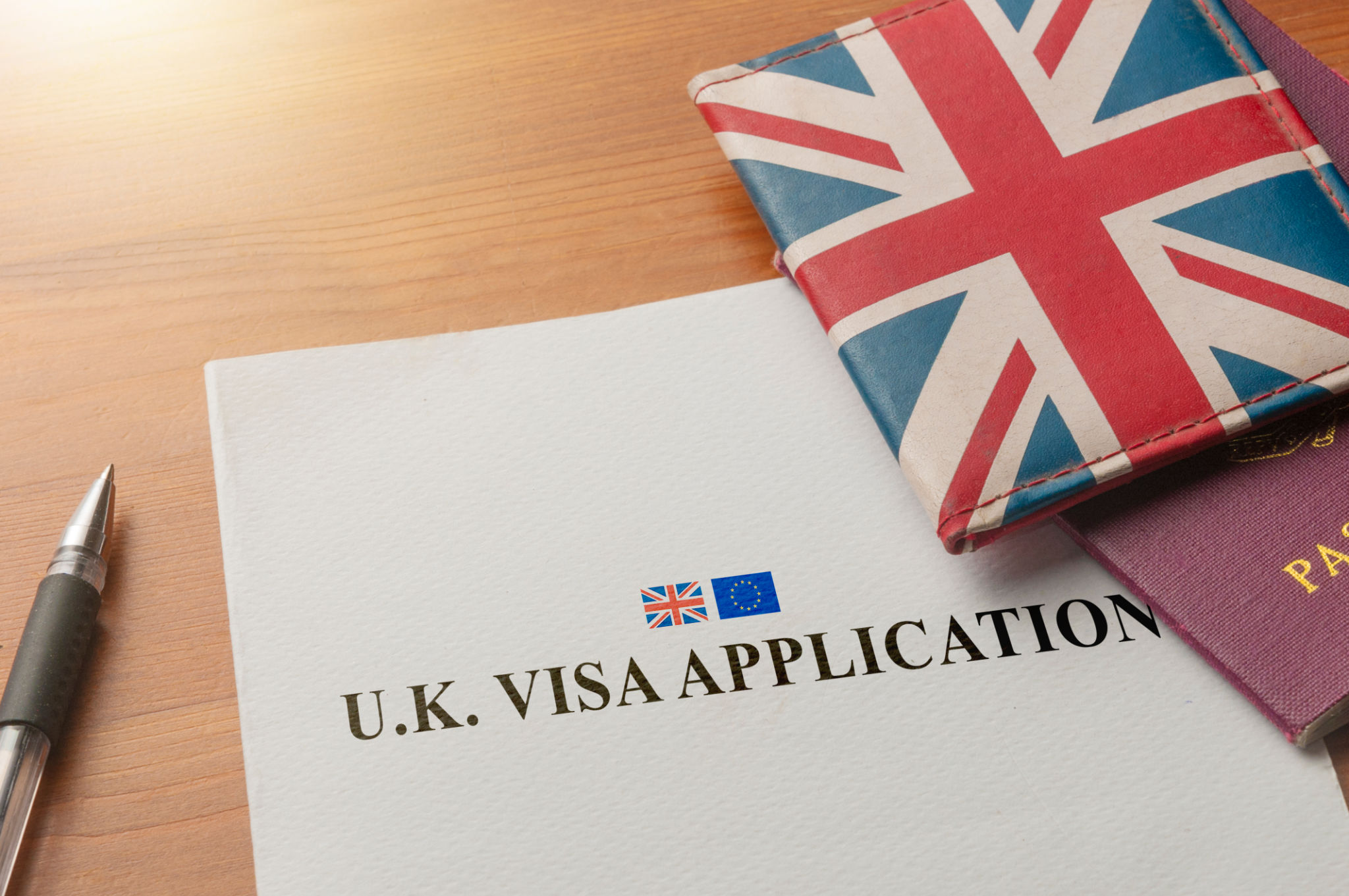Understanding UK Work Visas: A Comprehensive Guide for Individuals and Families
The UK work visa system can be complex and daunting, especially for individuals and families looking to move for employment purposes. Understanding the different types of visas available, the application process, and the requirements is crucial for a smooth transition.
Types of UK Work Visas
The UK offers several work visa categories, each tailored to different professional needs. The most common types include:
- Skilled Worker Visa: For individuals with a job offer from a UK employer with a sponsorship license.
- Health and Care Worker Visa: Specifically for medical professionals who have been offered a job within the NHS or other qualifying organizations.
- Global Talent Visa: For leaders or potential leaders in academia, research, arts, and digital technology.
- Intra-company Transfer Visa: For employees of multinational companies who are being transferred to a UK branch.

Eligibility Criteria
Each visa category has its own set of eligibility criteria. For instance, the Skilled Worker Visa requires a job offer with a minimum salary threshold, English language proficiency, and a Certificate of Sponsorship from a licensed employer. The specific criteria for each visa category can vary, so it’s important to check the latest requirements before applying.
Additionally, some visas might require you to prove financial stability or meet certain health standards. Always ensure your documents are up-to-date and meet the specified guidelines.
The Application Process
Applying for a UK work visa involves several steps. Firstly, determine the correct visa type for your circumstances. Next, gather the required documentation, which typically includes your passport, proof of English proficiency, and financial evidence. The application is submitted online, and you may need to attend an appointment at a visa application center for biometrics.

For Families
If you’re moving with family members, they may apply as dependents on your work visa. Dependents typically include your spouse or partner and children under 18. Each dependent will need to apply separately and meet specific requirements such as proof of relationship and financial support evidence.
Having a work visa usually allows your family members to live and work in the UK for the duration of your visa. They may also have access to public services such as healthcare and education.
Common Challenges and Tips
Navigating the UK work visa system can be challenging due to its complexities. Common issues include understanding eligibility criteria, gathering the correct documents, and meeting deadlines. To avoid these pitfalls, start your application early and consider seeking advice from immigration experts if needed.

Staying informed about any changes in immigration rules is also crucial. The UK government frequently updates regulations, so regularly checking official resources or consulting with a professional can provide valuable insights.
Conclusion
Understanding UK work visas is essential for anyone planning to move to the UK for employment. With multiple visa options available, each with unique requirements, it's important to choose the right one that aligns with your professional goals. By familiarizing yourself with the process and staying organized, you can ensure a successful application and a smooth transition to life in the UK.
